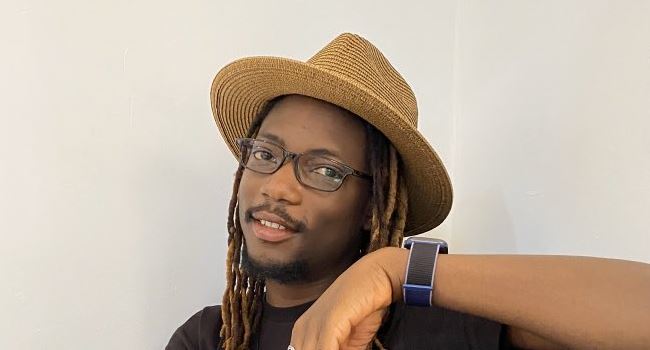The suspension of Ezra Olubi, Paystack’s co-founder and CTO, after old, disturbing tweets resurfaced, has sparked a vital conversation about accountability and toxic leadership. But within this necessary dialogue, a crucial, often missing, element must be added, that is, a compassionate lens on the mental health of the individual at the center of the storm.
This is not to excuse the content of the posts or minimize their impact. Rather, it is to assert that a person who creates such content is often not well. Understanding this is key to building a tech ecosystem that is not only accountable but also truly humane.
A Mental Health Perspective: For the Ecosystem and the Individual
While we rightly focus on the mental wellness of employees and the ecosystem, we must also ask what leads a person to express themselves this way?
1. The Cry for Help We Ignore: Digital Self-Harm and Pain
Extensive psychological research links the creation of offensive, aggressive, or deeply inappropriate online content, especially that which seems designed to shock with underlying mental health struggles. This can be a manifestation of untreated depression, severe anxiety, trauma, or a profound lack of self-worth. In many cases, it is a maladaptive coping mechanism, a form of “digital self-harm” or a cry for help from someone in significant, albeit hidden, pain. A mentally well and stable individual does not typically engage in a sustained pattern of creating harmful content.
2. The Person vs. The Persona: The Weight of a Past Self
The “digital permanence” we talk about often focuses on the consequence, not the cause. People evolve. The person who tweeted at 20 is not the leader at 30. However, when past actions are rooted in pain or poor mental health, the reckoning is not just about outdated opinions, it’s about being confronted with a version of yourself that you may have worked hard to escape and heal from. The psychological toll of that public confrontation is immense.
3. The Unbearable Pressure of the Pedestal
Founders, especially in high-stakes environments like Africa’s tech scene, operate under extreme pressure. They are expected to be visionaries, operational geniuses, and flawless leaders. This “founder idolatry” creates an environment where showing vulnerability or admitting to mental health struggles is seen as a weakness. When individuals are put on a pedestal, their humanity, including their struggles and flaws, is often erased until it violently reasserts itself.
Accountability with Compassion
How do we reconcile the need for firm accountability with a genuine concern for mental wellness that includes everyone? The answer lies in moving beyond punishment and toward restoration.
-
For the Individual: True accountability must include a genuine, unqualified apology, a demonstrated commitment to personal healing and professional therapy, and a tangible effort to make amends. We must create a cultural pathway that allows for atonement and growth, rather than permanent exile.
-
For the Ecosystem: This is a reminder that our push for mental wellness in tech must be all-encompassing. We need to:
-
Destigmatize Founder Mental Health: Create safe, confidential channels for leaders to seek help before a crisis occurs.
-
Promote Proactive Support: Encourage executive coaching and therapy not as a reactive measure, but as a standard for leadership development.
-
Separate the Sin from the Sinner: Condemn harmful actions unequivocally while leaving space for the individual to heal, learn, and potentially contribute positively again.
-
RELATED:
The Ezra Olubi Allegations: A Wake-Up Call for Accountability and Mental Wellness in Tech
Ezra Olubi Of Paystack May Face Class Action Lawsuit Led by Accuser Amaka Odeluga Obae (MakiSpoke)
A Test of Our Collective Humanity
We can choose a path of pure, unforgiving judgment, or we can choose a more difficult, but ultimately more transformative, path of accountability tempered with wisdom and compassion.
This moment is as much a test of our character as it is of Ezra Olubi’s. Can we hold space for the victims of harmful rhetoric while also recognizing that the person who created it may have been a victim of their own unaddressed pain? Can we demand better from our leaders while also offering them the grace to heal and become better?
















